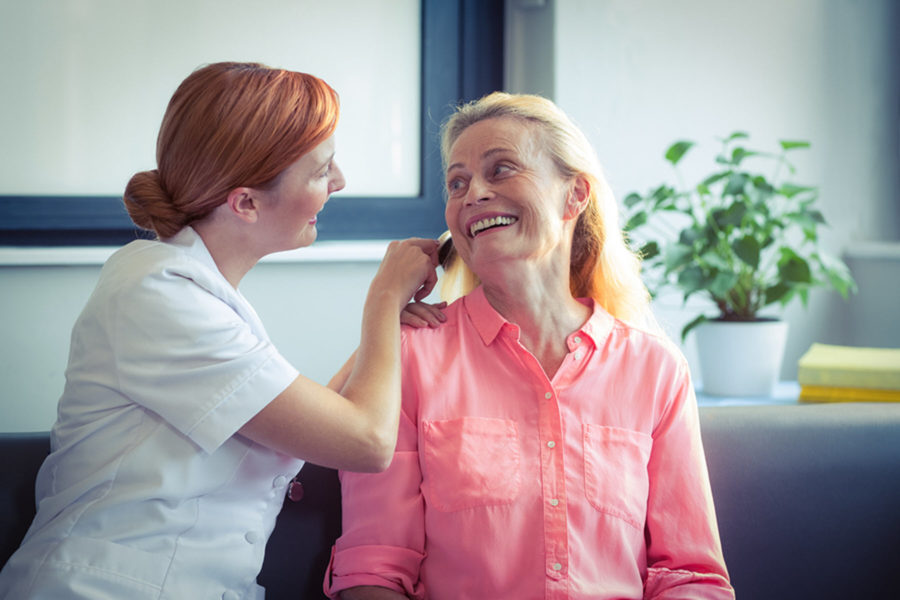October 10, 2019

Her Hygiene Routines Have Changed
Does your senior look a little different lately? She might have changed how often she washes her hair or she might be doing her laundry in a different way because of physical limitations. Lots of little changes can happen with older adults because they need to adapt what they’ve done in the past to keep up with their physical abilities now. Look for some of these smaller details.
Mobility Worries
Watch your senior when she’s getting up or sitting down. If she seems to have difficulty with these normal activities, that can be a sign of bigger problems. She might also be having trouble getting around in other ways, like driving. You may need to ask some big questions or start gathering some detailed information so you can make some plans.
She’s Scared to Move
It’s one thing if your elderly family member is having trouble with mobility. But if she’s scared to move, that can be another issue entirely. This might mean that she’s had some close calls with falling or that she has actually fallen and hasn’t shared that with you. It might be time for your elderly family member to use assistive devices as well. One sign that can let you know she might be scared to move is if your senior tends to only sit when you’re with her. If you don’t see her up and around, there might be a reason.
She’s Getting Weaker
Muscle weakness can become a huge problem now, too. Your elderly family member might be less active than she’s been in years past, but her dietary choices can also influence how quickly she loses muscle tone and strength. If she’s having mobility issues, too, this is a scary combination for her.
At some point, your aging family member is likely to need a great deal more help from you and from other sources, such as senior care providers. When you’re tuned in to what’s going on with your aging family member on multiple levels, including her physical well-being, you’re going to be much better able to get her that help when she needs it.